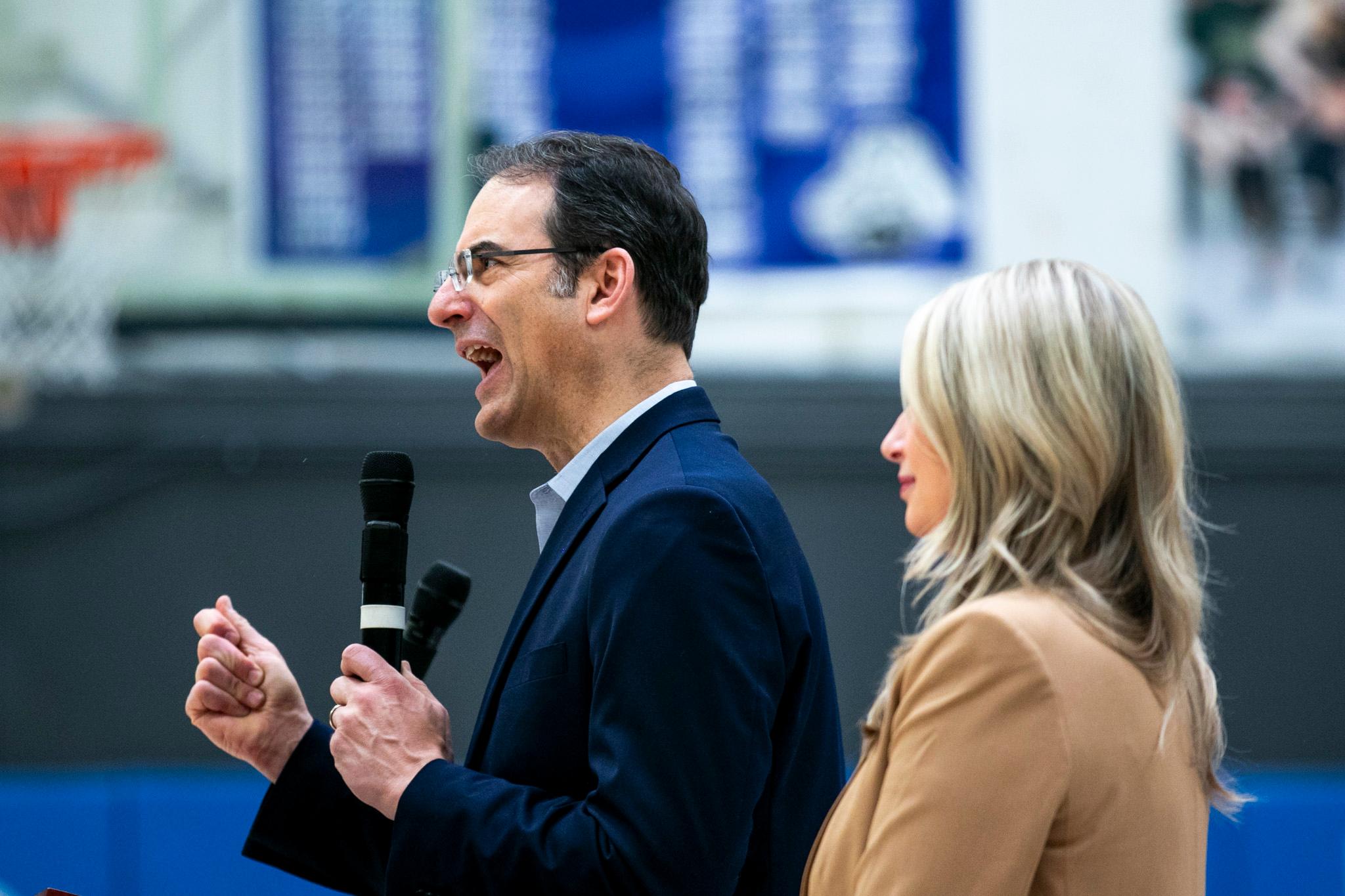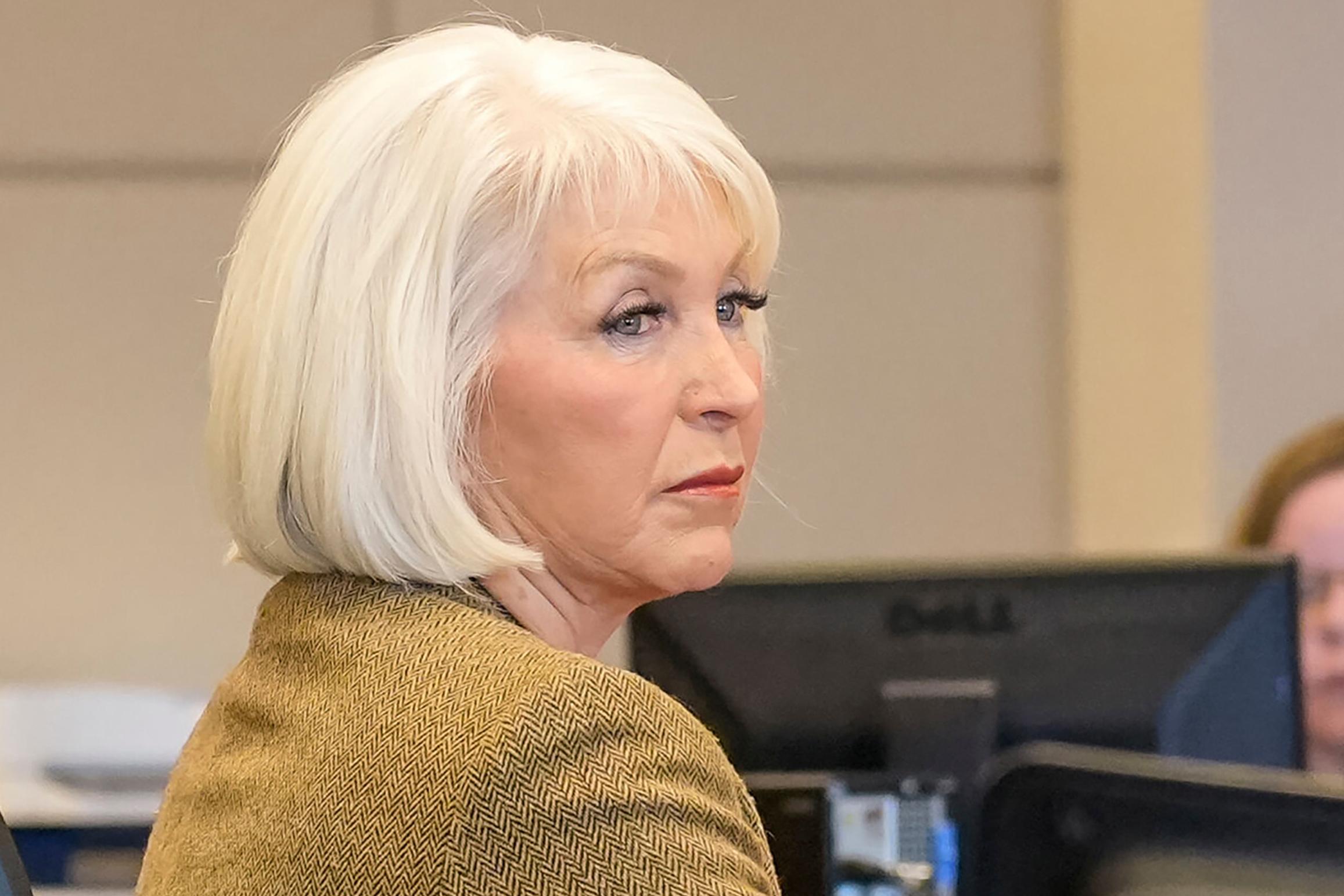

A friend sent me a link to a beautiful video recently, illustrating the cosmic level at which we are all connected, atoms derived from vast explosions of stars. We are stardust, basically, just like Joni Mitchell said. Watching the video and listening to the brilliant astrophysicist narrating it, I felt at once connected and disconnected, amazed and confused. Astrophysics discussions send me right into a mental black hole of incomprehension. But call it God and I can begin to crawl out of my hole, see the light and begin to feel those atoms buzzing within and around me.
Naturally I went online to read the comments on this widely distributed video and saw within the first five posts that the discussion had devolved into an either-or rant: science or religion. God or the cosmos. Insults hurled randomly, swirling about like virtual meteor storms.
It seems we value our right to agree or disagree more than we value our cosmic connectedness in the virtual world most of us inhabit these days, at least part-time. As real experience and real connection are subsumed by virtual experience, so human intelligence becomes little more than a stick to bash someone with, a vehicle for belittling others in direct proportion to how quickly we feel our real selves and the opportunity for real connection shrinking.
As Mama said, it’s easy to make noise but not so easy to listen.
Last week’s floods connected us in the way that disaster always does, reminding most of us that it could have been worse. A little leak in the dining room ceiling? So what. It could have been five feet of mud in the basement. The inconvenience of a road closed? Better than being swept away in flood waters.
Too much water and we become instantly connected to our need to plant our feet on dry land. Friends and loved ones in the path of real danger? We gather as much information as we can stomach, then we sit down and pray.
Connections pop up in the strangest ways. My daughter calls from New York to tell me that her second week in her new job as a psychiatric nurse, a new resident physician was introduced to the staff. His name is familiar to her but it seems unlikely he could actually be the same boy she once babysat, who lived across the street from us when she was in high school in Colorado Springs. A few inquiries and we discover that yes, it really is the same boy, now a man. Two children of the West washed up on the same hospital floor two-thousand miles away, twenty years later, their parents still neighbors in the relatively unchanged neighborhood where they grew up and from where they flew away.
I try to connect online and sometimes succeed, but one afternoon with tech support I am thrust into darkness. The voice on the other end reads from a script and cannot hear the simple question I am asking, an appeal for help that is personal not technical, that will help me see. The voice on the other end of the line is female and as I grow more frustrated and angrier, it grows more distant and mechanical. Connection has failed.
In a writing class in Denver, one of my new students has an accent I keep trying to pin down, until finally one night after class I corner him before he leaves and ask: Where are you from?
He shrugs. You probably wouldn’t know the place.
Georgia? Alabama?
Well, yes, the mountains of northern Alabama.
I know that area, I say. Lookout Mountain?
The nearest town is Fort Payne, he says.
Sand Mountain, I say, and his face blooms into a broad smile. I explain that I spent a good deal of time around the tiny settlement of Henagar, Alabama when I was writing a book about a subject dear to my heart. I name the families I met there — Iveys, Woottens, Laceys.
I went to school with some of those boys, he says. We are energized by this exchange, satellites falling into orbit around a familiar planet. We are connected by the scents and sights and sounds of that remote place, so far away and yet so close.
A reminder that we are stardust can be dazzling but remains abstract. I can marvel at the scientific proof of our cosmic connection even if I don’t understand it. But call it God and this half-hearted believer understands. We really do have to get ourselves back to the garden.
Kathryn Eastburn is the author of A Sacred Feast: Reflections of Sacred Harp Singing and Dinner on the Ground, and Simon Says: A True Story of Boys, Guns and Murder in the Rocky Mountain West. You can comment and read or listen to this column again at The Big Something at KRCC.org. “The Middle Distance” is published every Friday on The Big Something and airs each Saturday at 1 p.m. right after This American Life.







